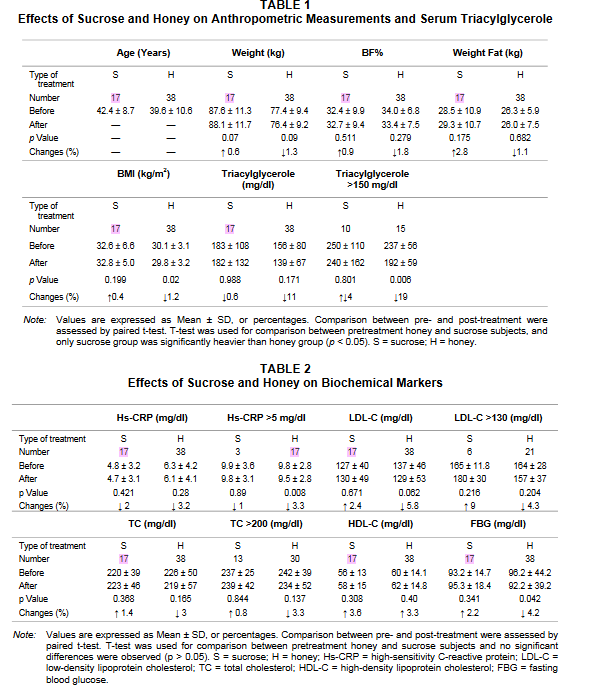https://www.sciencedirect.com/science/article/pii/S0963996922001181
> Isomaltulose is an alternative sugar that should be regarded by the food industry as much healthier than sucrose, due to its beneficial properties; these include, low glycemic index and slow hydrolysis, prebiotic potential, and low cariogenic potential.
Not sure of insulin effects. Heard something in a podcast but finding it difficult to track back.
It may be related to figs and/or honey.

